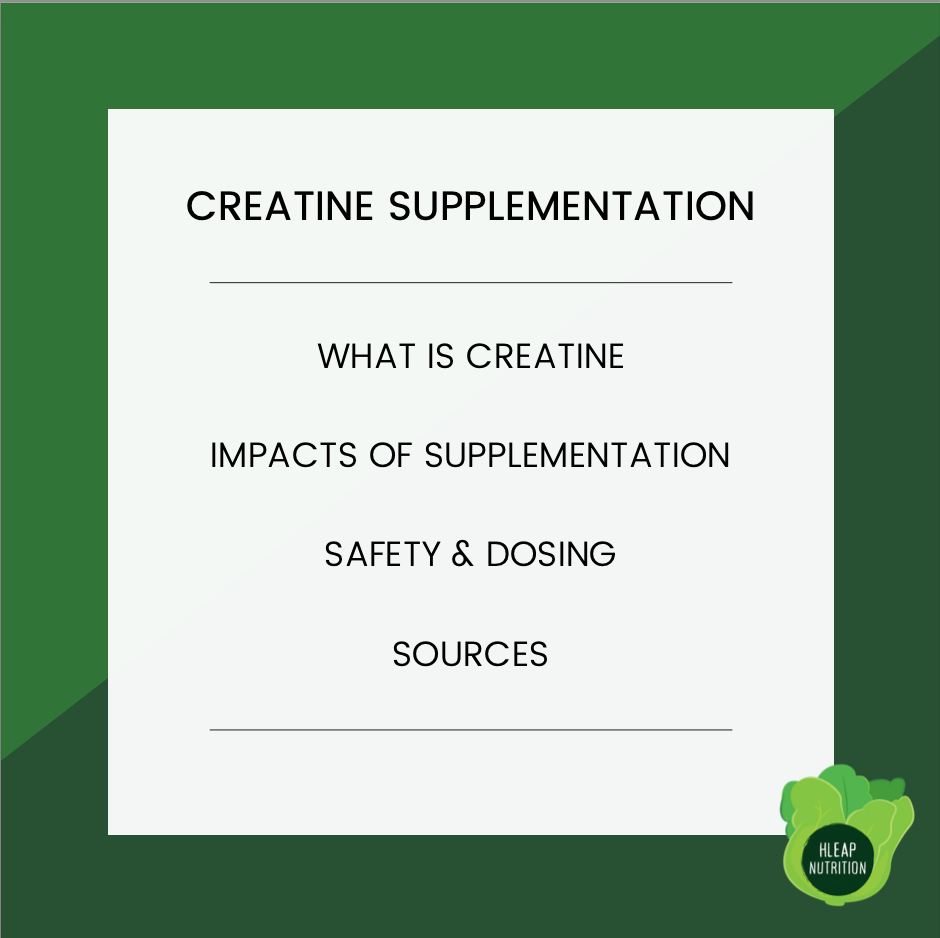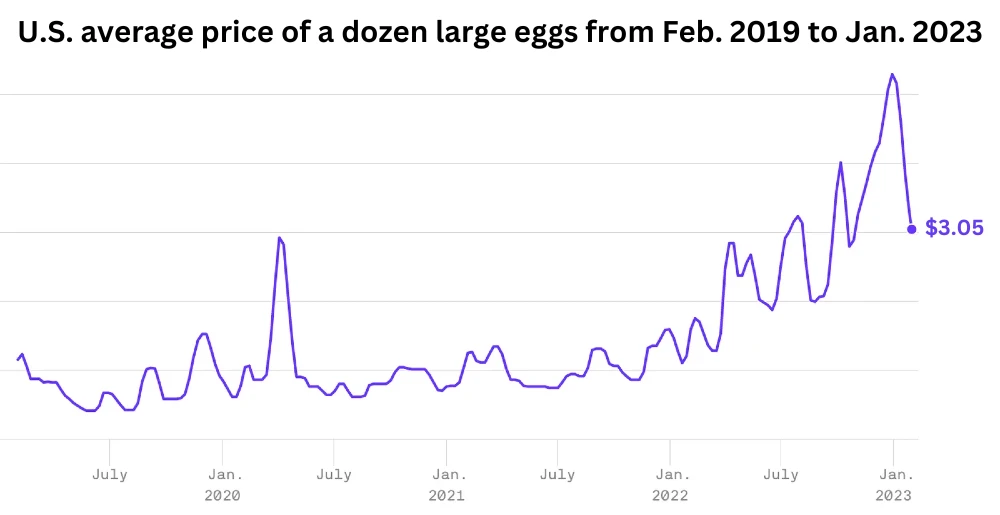What Is Creatine? A Guide To Benefits, Risks, And Dosage

Table of Contents
What is Creatine and How Does it Work?
Creatine is a naturally occurring organic compound primarily produced in the liver, kidneys, and pancreas. It’s also found in small amounts in meat and fish. Its primary function in the body is to facilitate the regeneration of adenosine triphosphate (ATP), the body's primary energy currency, specifically within skeletal muscle. This ATP resynthesis is crucial for high-intensity activities. When you engage in short bursts of intense exercise, your muscles use ATP rapidly. Creatine supplementation helps replenish ATP stores more quickly, allowing you to perform more repetitions, sets, or bursts of activity before fatigue sets in.
Several types of creatine supplements exist, with creatine monohydrate being the most widely researched and readily available form. Other forms, like creatine hydrochloride (HCL) and creatine ethyl ester, are marketed with claims of improved absorption, but the scientific evidence supporting these claims is limited compared to the extensive research on creatine monohydrate.
- Creatine's role in improving high-intensity exercise performance: Creatine enhances your ability to perform repeated bursts of intense exercise.
- Creatine's effect on muscle growth and strength: By increasing ATP availability, creatine supports muscle growth and contributes to significant strength gains.
- The science behind creatine supplementation: Numerous peer-reviewed studies support creatine's effectiveness in improving various aspects of physical performance and muscle growth.
Benefits of Creatine Supplementation
The benefits of creatine supplementation are well-documented in scientific literature. It's not a magic bullet, but it can provide a significant advantage for various individuals and goals.
- Improved athletic performance in various sports: Creatine benefits athletes in power-based sports like weightlifting, sprinting, and high-intensity interval training (HIIT). It enhances strength, power output, and overall performance.
- Increased muscle growth and strength gains: Creatine's ability to enhance ATP production directly contributes to increased muscle protein synthesis, leading to significant muscle growth and strength gains, particularly when combined with resistance training.
- Enhanced recovery after intense workouts: Creatine can facilitate faster muscle recovery post-workout, reducing muscle soreness and allowing for more frequent training sessions.
- Potential cognitive benefits (memory, focus): While research is ongoing, some studies suggest that creatine may have positive effects on cognitive functions, including memory and focus. More research is needed to confirm these effects conclusively.
- Benefits for specific populations (e.g., older adults): Studies indicate that creatine supplementation can improve muscle strength and function in older adults, helping to combat age-related muscle loss (sarcopenia).
Potential Risks and Side Effects of Creatine
While generally considered safe for healthy individuals, creatine supplementation may cause some side effects, most of which are mild and transient.
- Water retention (weight gain): Creatine draws water into muscle cells, which can lead to a slight increase in body weight. This is primarily water weight and not fat gain.
- Muscle cramps: Some individuals may experience muscle cramps, often related to dehydration.
- Gastrointestinal upset (nausea, diarrhea): These side effects are relatively uncommon and usually resolve with proper hydration and dosage adjustment.
- Kidney issues (rare, primarily in individuals with pre-existing conditions): Creatine is generally safe for the kidneys in healthy individuals, but those with pre-existing kidney problems should consult a doctor before using it.
- Importance of consulting a doctor before starting creatine supplementation: This is crucial, especially for individuals with pre-existing health conditions or those taking medications.
Creatine Dosage and How to Take It
The typical recommended daily dosage of creatine monohydrate is 3-5 grams. Many individuals employ a "loading phase" initially, taking 20 grams per day for 5-7 days to saturate muscle creatine stores more quickly. After the loading phase, a maintenance dose of 3-5 grams daily is sufficient.
Some people prefer to cycle creatine use, taking it for several weeks or months, followed by a period of discontinuation. However, there's limited evidence to suggest cycling offers any significant advantage over continuous use.
- Recommended daily dosage (e.g., 3-5 grams): This is the standard recommendation for maintaining muscle creatine levels.
- Loading phase vs. maintenance phase: The loading phase accelerates muscle saturation, while the maintenance phase sustains creatine levels.
- Cycling creatine use: This practice is optional and its benefit is debated.
- Importance of adequate hydration: Proper hydration is crucial for maximizing creatine's benefits and minimizing side effects.
- Combining creatine with other supplements (e.g., protein): Combining creatine with a high-protein diet and a comprehensive workout regimen enhances its effectiveness.
Conclusion
Creatine supplementation offers significant potential benefits for improving athletic performance, increasing muscle mass and strength, and potentially even enhancing cognitive function. While generally safe, potential side effects exist, and proper hydration is crucial. It's vital to consult a healthcare professional before starting creatine supplementation, especially if you have pre-existing health conditions or are taking medications. Ready to learn more about how creatine can benefit your fitness goals? Research different creatine products and find the best one for you. Remember to consult your doctor before starting creatine supplementation.

Featured Posts
-
 Hudsons Bay Granted More Time Under Creditor Protection
May 15, 2025
Hudsons Bay Granted More Time Under Creditor Protection
May 15, 2025 -
 Nbas Top 10 The Single Biggest Hurdle To Championship Success
May 15, 2025
Nbas Top 10 The Single Biggest Hurdle To Championship Success
May 15, 2025 -
 Butlers Heat Exit Dwyane Wade Offers Insight
May 15, 2025
Butlers Heat Exit Dwyane Wade Offers Insight
May 15, 2025 -
 Vont Weekend At 104 5 The Cat April 4 6 2025 A Photo Journey
May 15, 2025
Vont Weekend At 104 5 The Cat April 4 6 2025 A Photo Journey
May 15, 2025 -
 Significant Drop In Egg Prices 5 Per Dozen In The Us
May 15, 2025
Significant Drop In Egg Prices 5 Per Dozen In The Us
May 15, 2025
